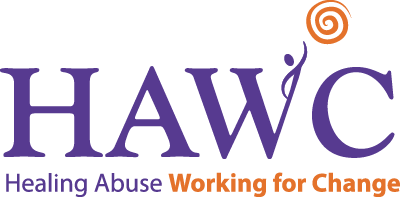Months or even years after an abusive relationship ends, abuse survivors may carry feelings of dread and panic on their shoulders, reacting intensely to certain smells, sounds, colors, or angles of light.
Because these symptoms can make survivors feel as though they are losing control, it is important to understand and be aware of the effects of trauma on a survivor’s mind and body.
Domestic violence frequently occurs in a repetitive series of violent or harmful incidents, so a survivor’s mind is too focused on preparing for the next violent incident to properly process the previous trauma. As a result, the mind struggles to heal years later, meaning symptoms of sensory overload, vivid flashbacks, and physical discomfort can appear several years after a survivor has escaped abuse. In fact, 88% of women in domestic abuse shelters suffer from Post Traumatic Stress Disorder (PTSD).
And it’s not just adults: of the five million children exposed to abuse each year, many struggle with PTSD. As witnesses to abuse, these children often lose the essential feelings of safety and playfulness that promote health development.
If you are unsure whether you or someone you know is experiencing PTSD as a result from domestic abuse, understanding the symptoms can prove crucial to your healing journey. There are four major categories of PTSD symptoms:
- Flashbacks: Often, if confronted with a trigger, abuse survivors with PTSD may experience vivid nightmares or flashbacks reliving the event(s) of trauma. This can result in disrupted sleep or insomnia, waking up drenched in sweat, or fear of certain normal activities or experiences because of the chance of a flashback occurring.
- Avoidance: Because flashbacks can happen anywhere, abuse survivors with PTSD may begin to avoid any situation that will remind them of trauma, isolating oneself from friends, family, and the outside world.
- Shutting down: Abuse survivors with PTSD may also avoid flashbacks and panic attacks by cutting off any intense emotion. This emotional repression can result in depression or frequent outbursts of anger, guilt, or self-hatred. It can also result in dissociation.
- Jumpiness: Always on high alert, abuse survivors with PTSD may feel the need to mentally assess danger in everyday situations.
Recognizing symptoms of PTSD is the first step to allowing your mind to fully heal. While this diagnosis may feel overwhelming and hopeless, there are many ways to help minimize the effects of PTSD and begin to heal.
- Allow yourself to hurt. Your feelings are real, and your reactions are valid. Allowing yourself time to heal and redirecting negative thoughts about one’s ability to recover is essential!
- Practice self-care. Be gentle with your mind and body. Eat regularly, maintain a healthy sleep schedule, and push yourself to become more involved in activities that bring you joy. Creating art is another great way to unlock trauma.
- Ground yourself. In an acute PTSD attack, it can help to ground yourself in the world around you to redirect intrusive flashbacks, focusing on each of your senses and the minute details of your day. Consider practicing deep breathing exercises to relieve panicked responses!
- Seek help. HAWC encourages you to talk to a domestic abuse advocate by calling our 24-Hour Hotline at 1-800-547-1649. By doing so, you can share your story to trained and empathetic ears in addition to being offered more resources to help you heal. In addition to services for survivors living with PTSD, HAWC has developed a clinically researched Parent Child Trauma Recovery Program, pairing clients with children who exhibit PTSD symptoms with specially trained therapists to meet the need of 50% of our clientele.


